Dateline: Woking, 18th April 2025.
I’ve been a fan of the Dungeons & Dragons fantasy role-playing game (universally known as D&D) for more than 40 years now. I was hooked on it from the very first time that I played it and I still enjoy every session just as much today. It is now mainstream and shaping elements of modern culture as storytellers who grew up playing D&D mature. David Benioff and D.B. Weiss, the creators of the TV adaptation of “Game of Thrones”, both played it as teenagers; Jon Favreau, director of “Iron Man” has also attributed his creative chops to the game.
For it me it changed over the years from being an enjoyable pastime and refuge from the stresses of work to to being a frontline defence against brain-rot and my personal +2 shield vs dementia. And it gets me out of the house too: I celebrated another lap round the sun last weekend by heading off to the South London Warlord’s Salute 25 event at the Excel.
Why am I telling you this? Well, because pleasant pastime, dementia defence and convivial company put to one side, it may be that D&D has an even greater role to play in the post-industrial economy.
Fantasy History
When it was first published in 1974, D&D was a revolution in game playing, creating the idea of a Dungeon Master (DM) who serves as referee and organiser, maintaining the setting in which adventures occur, while the players take the part of characters interacting in that setting. I love playing and I love being a DM. Apart from anything else, as CNN reported,
Dungeon masters embody some of the best traits that human beings can have. They’re very generous, they’re very kind, they’re very collaborative, they are open-minded. They have the coolest accessories.
Well, indeed.
In 1977, the game was split into two branches: the relatively rules-light game system of basic Dungeons & Dragons, and the more structured, rules-heavy game system of Advanced Dungeons & Dragons (AD&D), which is where I started my journey, moving on to the AD&D 2nd Edition in 1989. I didn’t play it so much in the mid-1990s, what with work and starting a family, but in 2000 it moved on to a 3rd edition and then on to a revised version 3.5 in June 2003. This became the staple for the next decade, during which I started my kids and their friends on the “gateway drugs” of Heroquest (one of my all-time favourite tabletop games, recently reissued to a new generation) and Space Crusade (a superb game in the Warhammer 40K science fiction universe).
When my boys were around 8 and 10 or so I moved them on to D&D 3.5, which they continued to play through high school, university and into their working lives in a campaign that finally came to an end after a couple of decades when the band of heroes defeated the tarrasque and saved the world.
There was a not very good 4th edition that was released and generally ignored in June 2008 and then in 2014 came the wildly successful fifth edition, known as D&D 5e, which is what I have played since it was first released. I take my hat off to the creators: the fifth edition was a marvel and D&D is now a huge business, mainstream entertainment and no longer the hidden passion of nerds.
The most recent edition, unofficially known as “5.5”, has controversially (well, to Elon Musk, not to me) taken steps to move away from some of the design choices set out in the original version of the game. The new 2024 Players Handbook moved away from “races” into “species” and detached character statistics from that aspect of characters and moved it to their backgrounds, a long overdue change in my opinion (orcs and elves are not “races”). Hasbro say that the new version of Handbook is the fastest selling D&D book in the history of the game. I’m not surprised: I’ve already bought two, because it makes the tabletop game so much better if the DM and the players each have a copy!
Who Cares About D&D? AI Does
Why am I telling you all this? Well, as someone who started playing D&D long before it was cool, and who still plays it today despite it being the hobby of movie stars and pop legends, I was delighted to discover that Meta uses D&D source books to train generative AI. Yes, it is true. Meta used the text from D&D books as part of the dataset to train its AI models. The reason is that the use of such datasets helps in creating AI systems that can understand and generate human-like text. D&D books provide rich narrative content that can be useful for training models on storytelling and creative language.
I have a feeling that this may lead to one or two hallucinations here and there, although it should mean that Hollywood writers can avoid embarrassing errors in future scripts (such as allowing a druid to transform into an Owl Bear, which is a monstrosity, when the the class ability is to transform into beasts).
with kind permission of Helen Holmes (CC-BY-ND 4.0)
Remember that hallucinations are not simply an occasional error in LLM output, they are a feature of the way that LLMs work. You can certainly implement a variety of mitigations, but you are not going to eradicate them, and they have real world consequences. Remember when, earlier this year, Air Canada lost a court case brought on by a passenger when it tried and failed to renege on a fare offered by its AI-powered chatbot.
(If you are interested in understanding more about the underlying theory, there are a number of useful papers on the topic. One is Xu, Jain and Kankanhalli's "Hallucination is Inevitable: An Innate Limitation of Large Language Models” which shows that you cannot get rid of hallucinations in real world LLMs no matter what you do because they an inherent in the method.)
This limitation does not mean that there is no use for generative AI in financial services. There is plenty of work going on in Small Language Models (SLMs) right now. These are trained on fewer parameters, with weights and balances that are tailored to individual use cases. They hallucinate less (which should make mitigation more practical) and they are also faster and cheaper. Games can contribute here too. In a new paper from Google Deepmind on "Mastering Board Games by External and Internal Planning with Language Models”, the authors show that search-based planning can significantly improve LLMs’ playing strength across several board games and the pre-training method they use minimises hallucinations, because their model is highly accurate regarding state prediction and legal moves.
Rolling Alone? Never!
Moving beyond fintech, could swords & sorcery contribute to the new economy as well? Well, yes. For a couple of reasons. First of all, as Pew Research point out, D&D is in many ways the origin of the metaverse, an imaginary creative space of social interaction and storytelling, the coming incarnation of the online world. Secondly, it is a practical answer to tough questions about the economy and society. Andy Haldane, chief executive of Britain's Royal Society of Arts (where your author is a Fellow), former chief economist at the Bank of England and writer of the foreword for Before Babylon, Beyond Bitcoin, wrote an excellent piece about social capital in the Financial Times, pointing out the huge costs of "bowling alone” from sub-par growth to stalling social mobility, from the epidemic in loneliness to the crumbling of communities. He says that the erosion of social capital goes a long way to explaining some of our greatest scourges and I think he is right.
I could not help but notice, though, that in the very same issue of that August newspaper of record there is a report on Games Workshop joining the FTSE100 which points out that while in the popular imagination Warhammer is about as cool as trainspotting, Games Workshop has plenty to teach the rest of corporate Britain!
D&D isn’t the only role-playing game and Games Workshop isn’t the only games manufacturer out there, of course. If you prefer science fiction to fantasy, for example, I cannot recommend Free League Publishing’s officially licensed Alien RPG highly enough. A brilliant use of the movie and the movie universe, an excellent set of game mechanics and atmospheric play, this game is so good that I have already subscribed to the Kickstarter for the coming revised edition. And if you want an afternoon of play without setting up a full RPG system, there is always the tabletop Another Glorious Day in the Corp, another take on the iconic franchise.
As a hobby to overcome loneliness, to stimulate the imagination, to foster and interest in history, to stimulate reading and writing, role-playing games cannot be beaten. Therefore, while as the need for an AI strategy is recognised and legislators are trying to move forward to support innovation while simultaneously growing net welfare, it seems to me that there is now a need for a national D&D strategy too.
I stand ready to answer the nation’s call.
Are you looking for:
A speaker/moderator for your online or in person event?
Written content or contribution for your publication?
A trusted advisor for your company’s board?
Some comment on the latest digital financial services news/media?


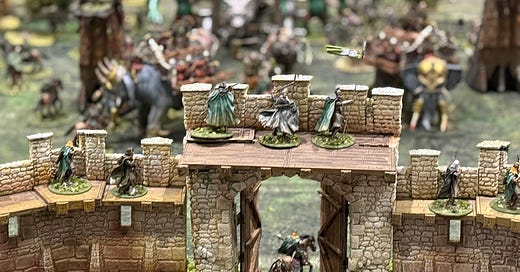



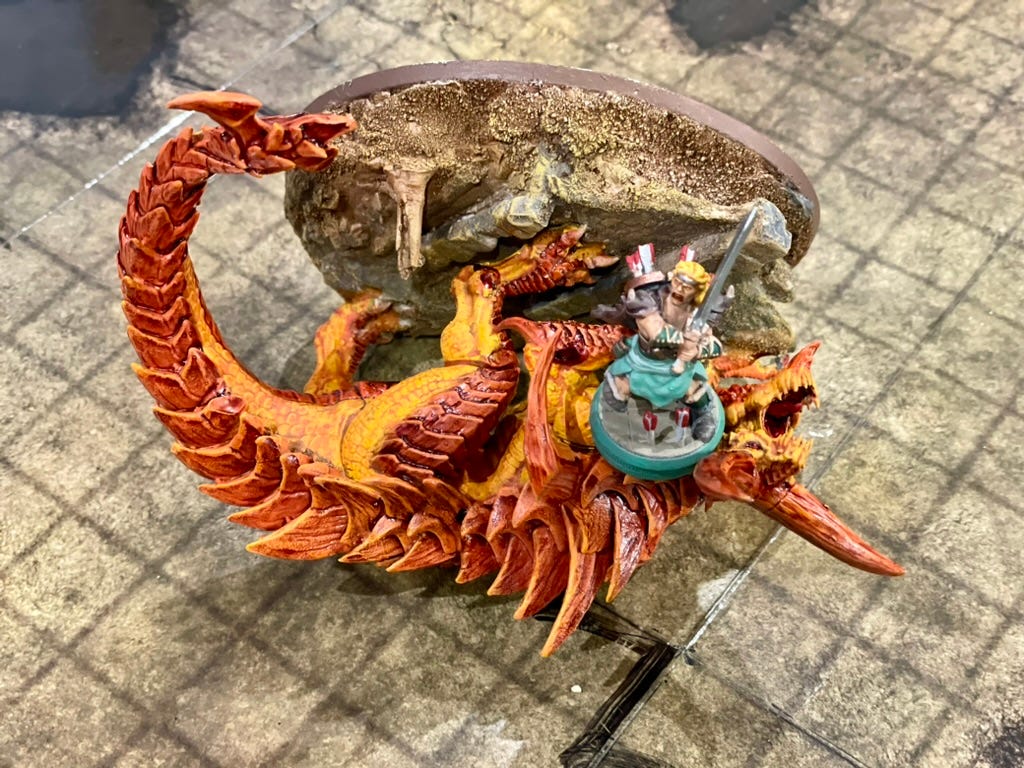
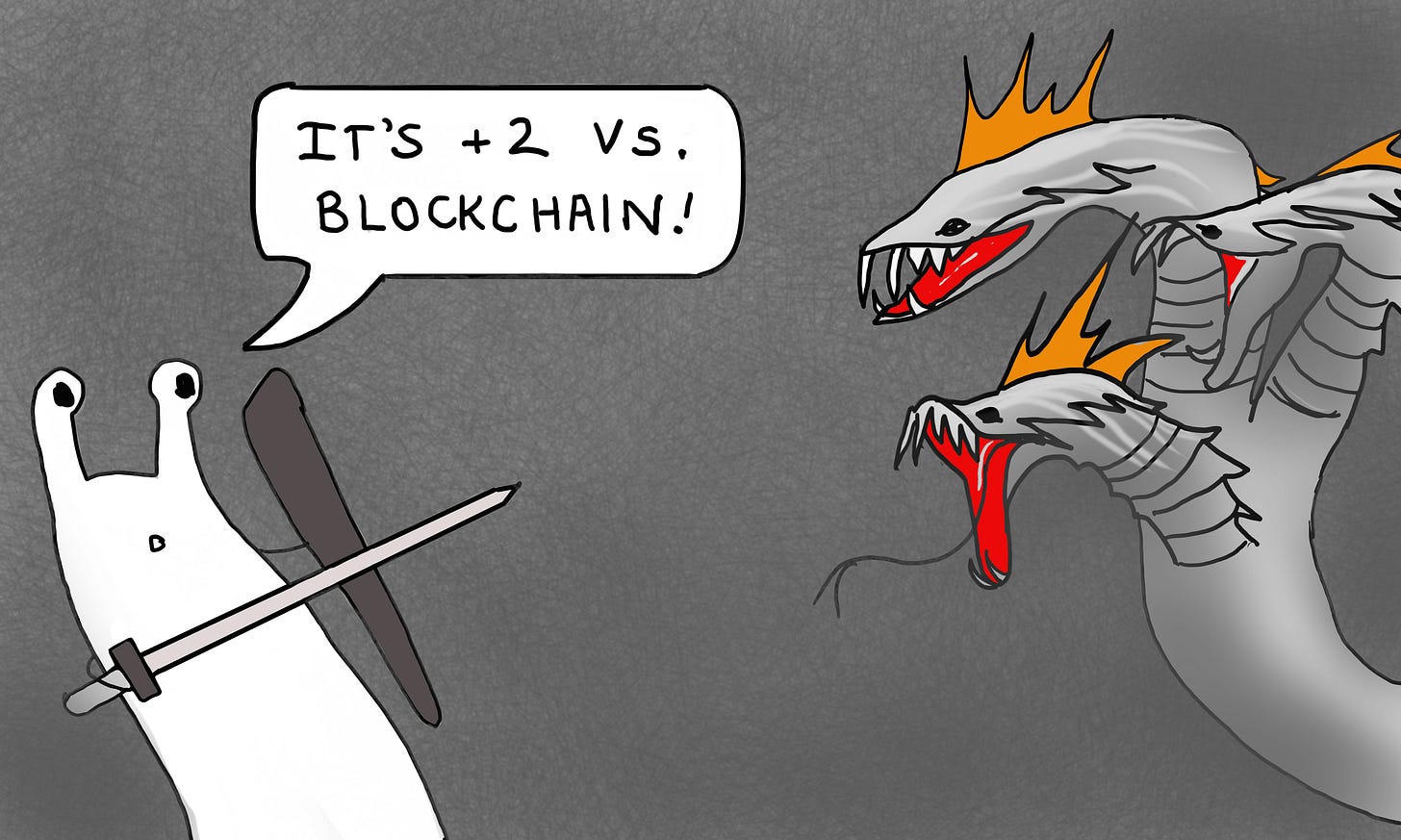
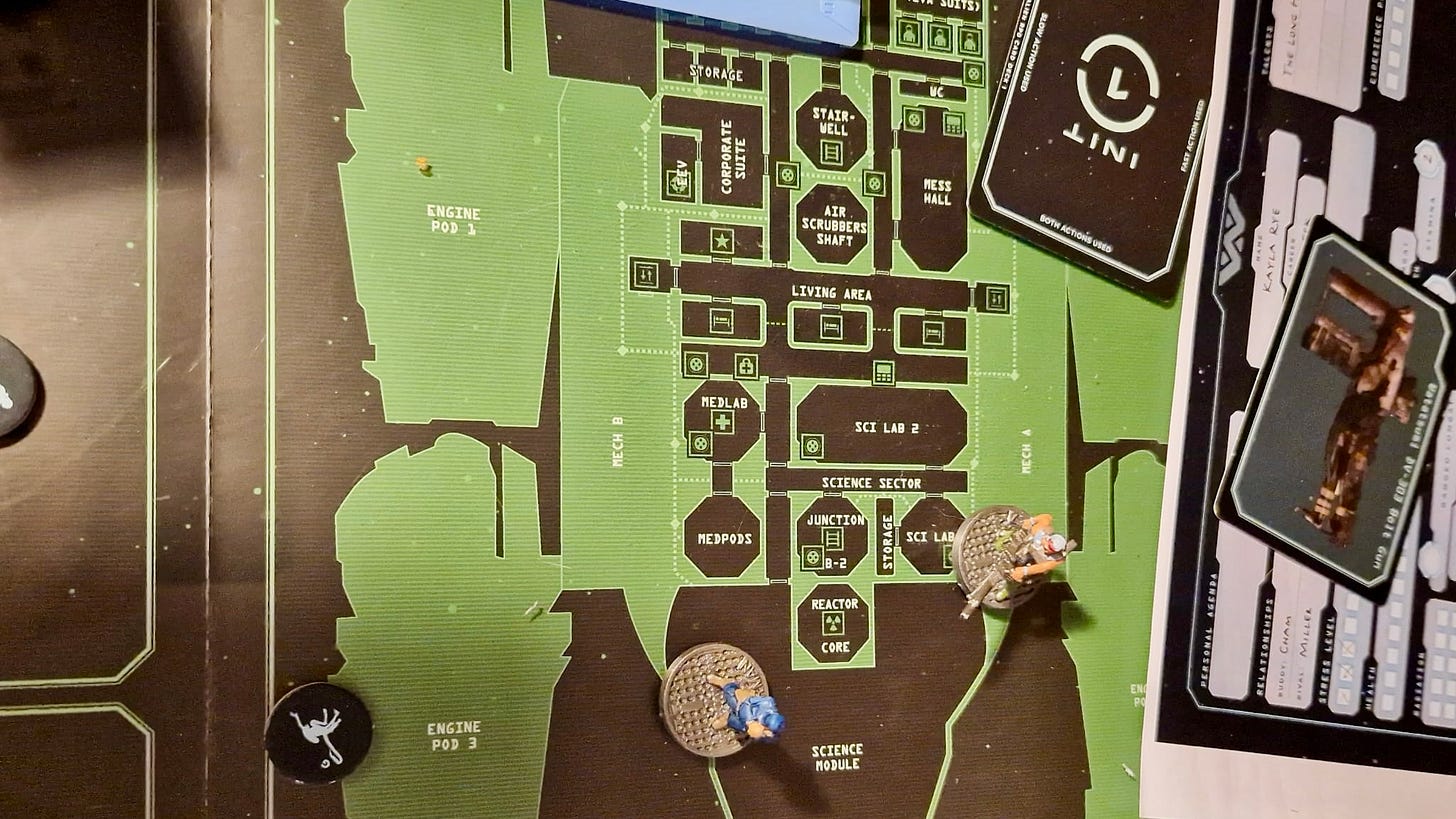
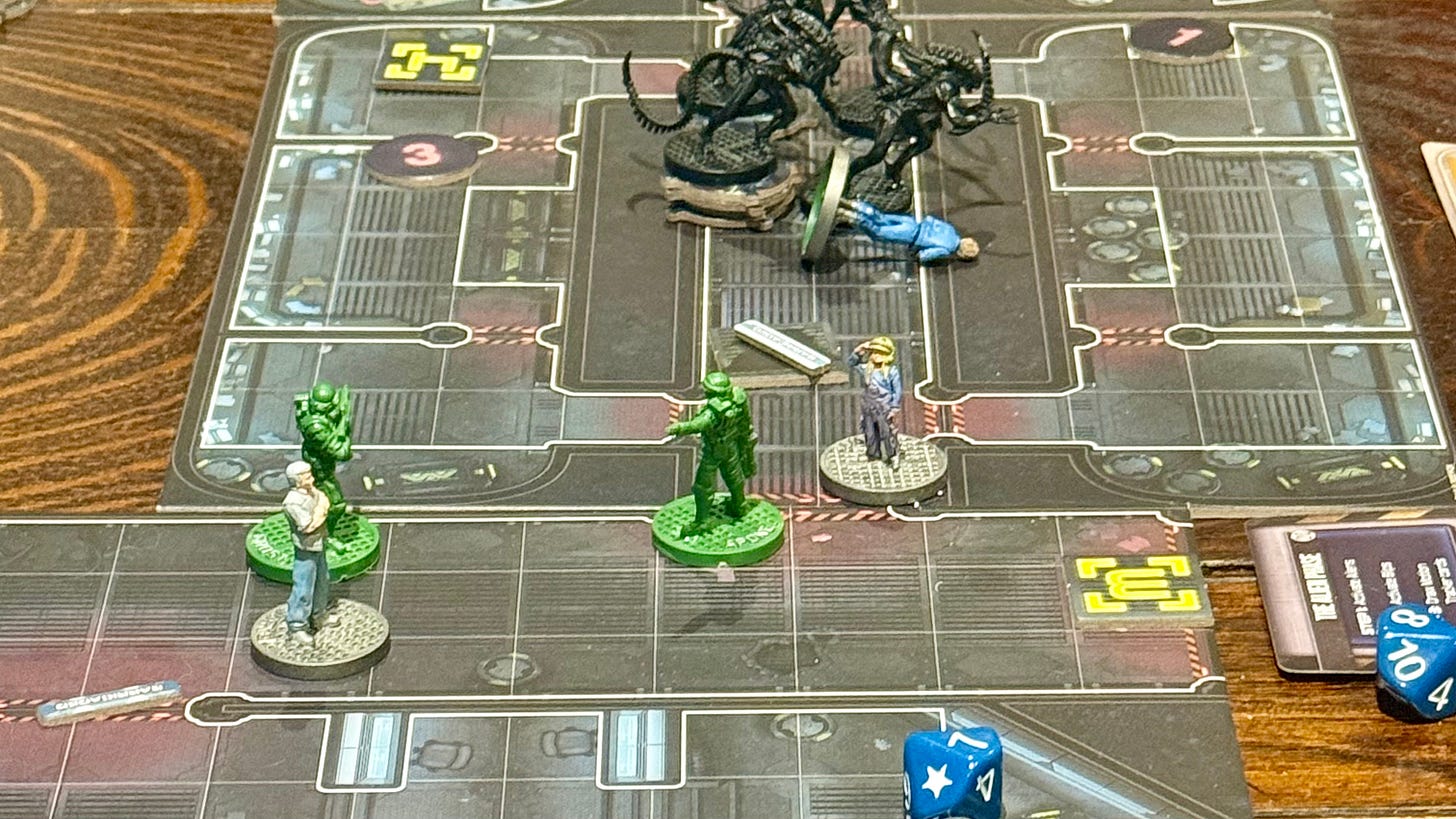
David, I am chuffed to know this about you and had to upgrade to a paid subscription just so I could write this comment! It's fun to see how people add depth to topics with way beyond the realm of ordinary personal anecdotes. And here you've made an entire story about D&D. How fantastic! I'm inspired. P.S. I have a 15-year-old DM in my family and shared this article with him. Loved it.